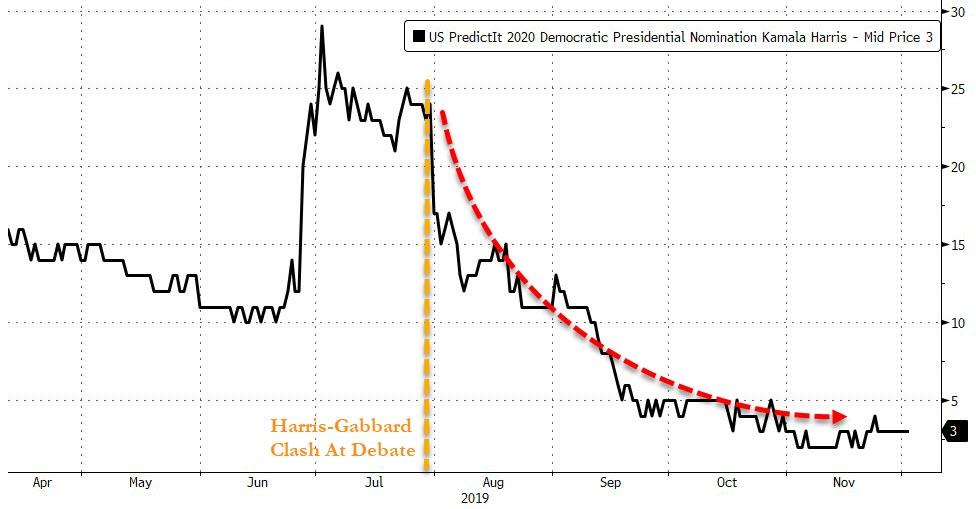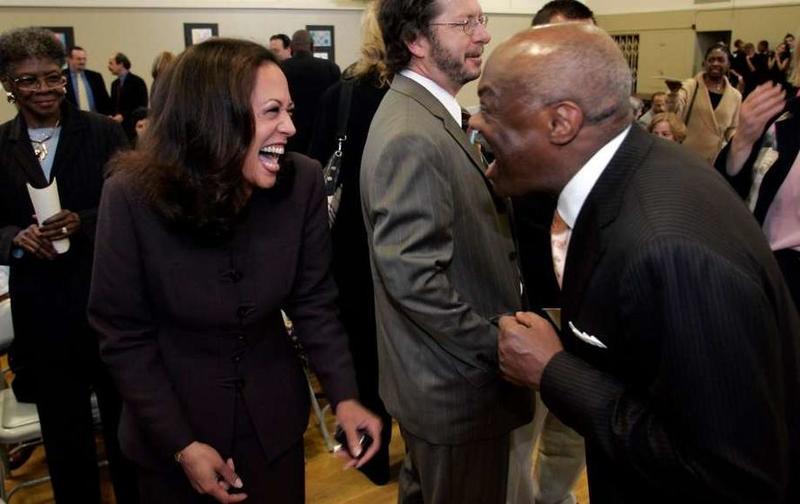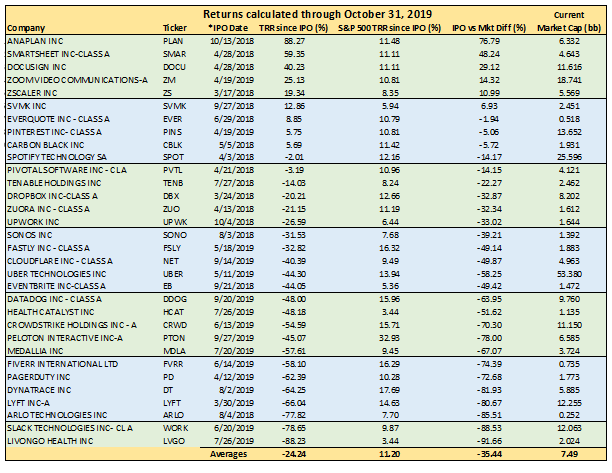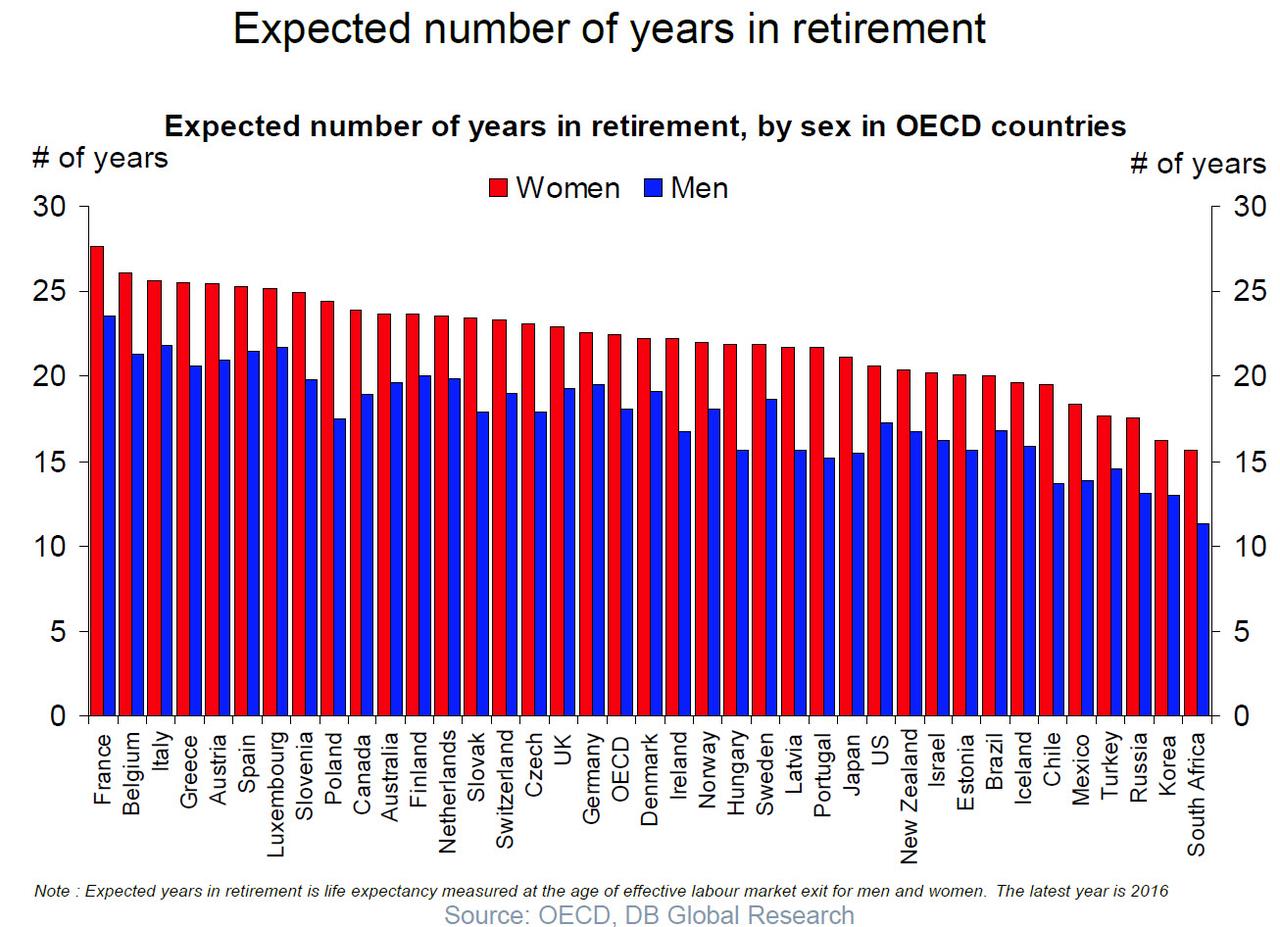Peter Schiff: This House of Cards Will Come Crashing Down On Consumers
Stocks closed out November on a high note with the hope of a trade deal fueling Wall Street. But is this warranted? And are consumers really doing as well as the mainstream would have us believe? Peter Schiff appeared on RT Boom Bust last week to talk about it. He said it’s all a house of cards and it’s going to come crashing down on American consumers.
Peter started out the interview talking about Hong Kong. The territory became a focal point in trade talks between the US and China after President Trump signed the Hong Kong Human Rights and Democracy Act supporting pro-democracy protestors. Peter said US criticism is a bit hypocritical.
If you look at the index of economic freedom that the Heritage Foundation puts out every year, Hong Kong ranks number one. Today, it’s the freest economy in the world. The United States ranks 12th on that list. So, I’m more concerned about the freedom of our own people. So, rather than worrying about the freest people in the world, how about if our leaders try to find a way to make Americans more free?”
One of the Boom Bust hosts pointed out that President Trump has said he is trying to broker a deal where America does much better than the Chinese. She asked how we can expect to get a deal done when the president doesn’t seem to be interested in a “fair” deal. Peter said pushing for an advantage is just the nature of negotiating. But he said he doesn’t really think Trump is trying to get a deal done.
Trump just wants the stock market to go up. And as long as the stock market is going up, he couldn’t care less about a deal with China. Maybe if the stock market really started to tank, then he might feel some type of pressure to actually deliver a deal. But as long as he can make the market go up by talking about the prospects of a deal, then that’s all Trump wants.”
As far as the US stock markets go, Peter said there are a lot of things that should be causing them to go down, but only one thing causing them to go up — the Federal Reserve.
For a while, people were worried about rate hikes. Nobody is worried about rate hikes. The Fed has taken all rate hikes off the table. The Fed has made it clear that the only direction rates can go is down. They’re either going to stay the same, or they’re going to go down. And QE4 is now on autopilot into perpetuity. So, that’s what the markets want. They know they’re never going to have another rate hike and they’re going to have money printing as far as the eye can see, and so that’s what’s driving stocks. And I guess that’s going to continue to drive stocks until something causes that to change. And something is going to happen because the US is headed for a worse economic disaster than the one we had in 2008 and there’s no way this is good for stocks.”
The Boom Bust hosts pointed out that stocks are going up despite a continuing downtrend in earnings. Peter said that’s not the only factor markets are ignoring. He said in some ways, the bad news is good news because it keeps the Fed in play. Meanwhile, mainstream pundits keep telling us the US consumer has never been in better shape. Peter said the opposite is true.
The consumer is completely levered up. He has record amounts of debt. And the only reason he can spend is because the Fed is keeping rates low enough so that credit continues to flow despite the lack of legitimate savings to finance it. So, this whole house of cards is going to come tumbling down and the consumer is going to be right in the center of that.”
Will consumers continue to spend during the upcoming holiday shopping season?
As long as they can borrow it, they’ll spend it. The question is can they pay it back.”
Overall, Peter said he thinks holiday sales will likely be disappointing again. Brick and mortar retail companies are struggling and we’re seeing high vacancy rates in the retail sector.
A lot of Americans are doing everything they can to squeeze every penny out of the dollars they’re borrowing. So, they’re shopping online and looking for the best deal. And I guess that’s going to continue. But remember, a lot of the stuff we’re buying, and probably almost all of the stuff we’re buying is imported. We’re not making it. It’s made in other countries. So, we’re buying it on a national credit card as well as an individual credit card. So, whatever we spend just means larger trade deficits, and that means the US economy is in an even more precarious position following holiday shopping than before.”
The interview wrapped up with a discussion about Poland repatriating its gold and the continued global central bank gold-buying spree.
I think the central bankers are in a position to know a monetary crisis is imminent. That doesn’t mean it’s going to start tomorrow. Of course, it could. But whether it starts next month, or next year, or sometime in the next several years, they need to have gold. I mean, gold ownership is going to be key to preserving confidence in your currency. And you have to back your currency by something real, not by somebody else’s paper, and that’s gold. I think what Poland is doing is a trend that we’re seeing that it’s not just that you want to own gold, but you want to own possession of your own gold. You don’t want to trust a third party with your gold.”
Tyler Durden
Wed, 12/04/2019 – 14:25
via ZeroHedge News https://ift.tt/2PbHbcY Tyler Durden











